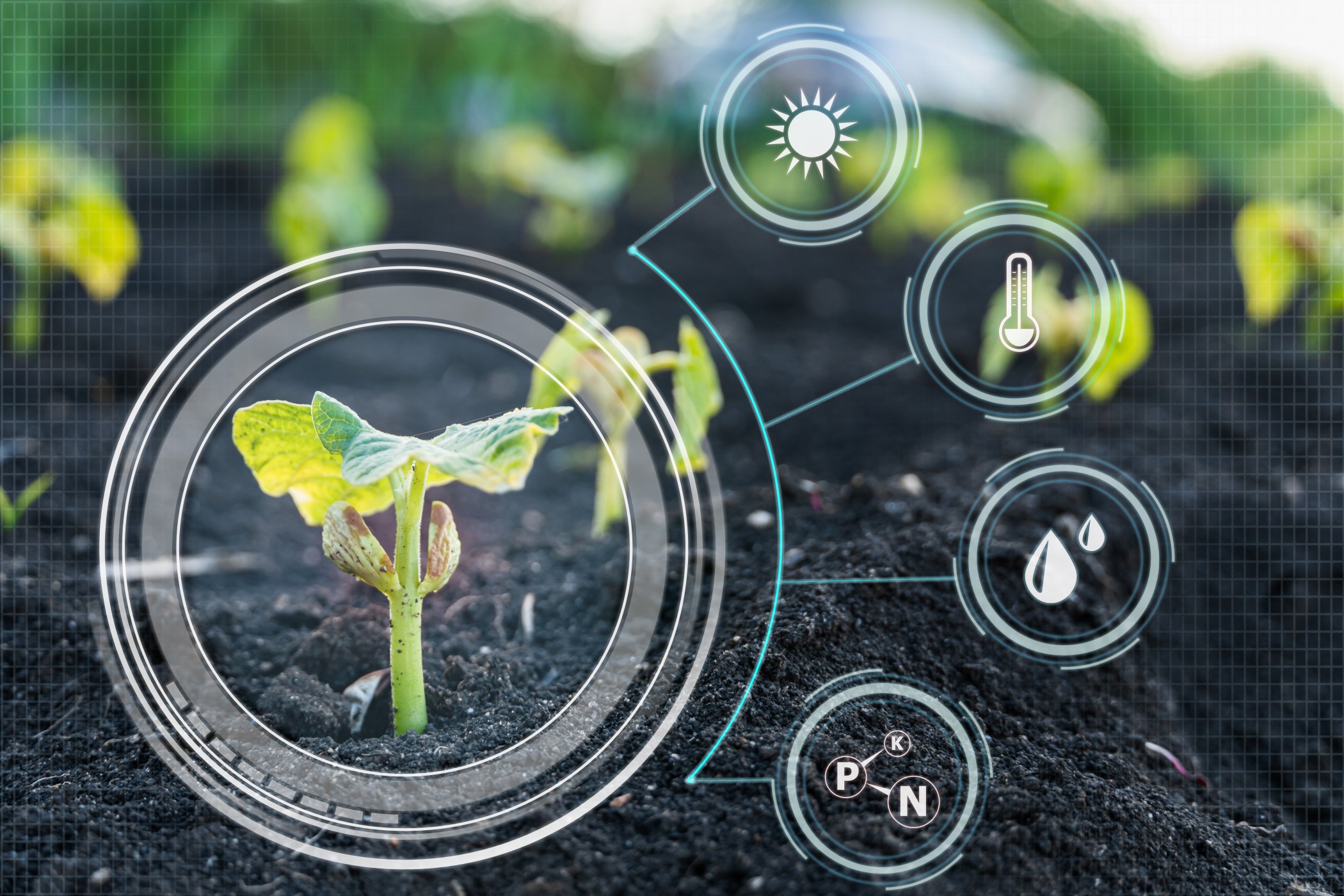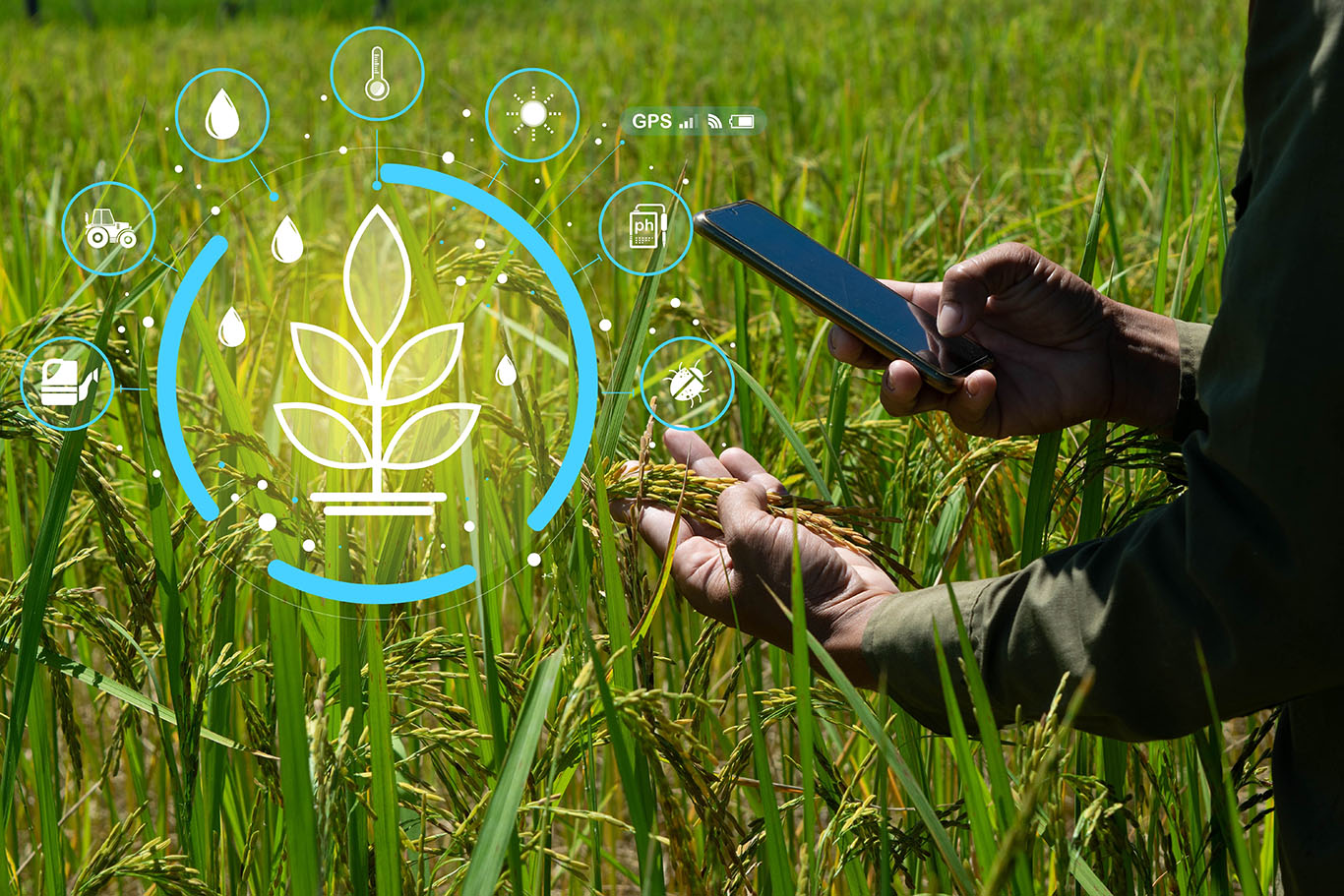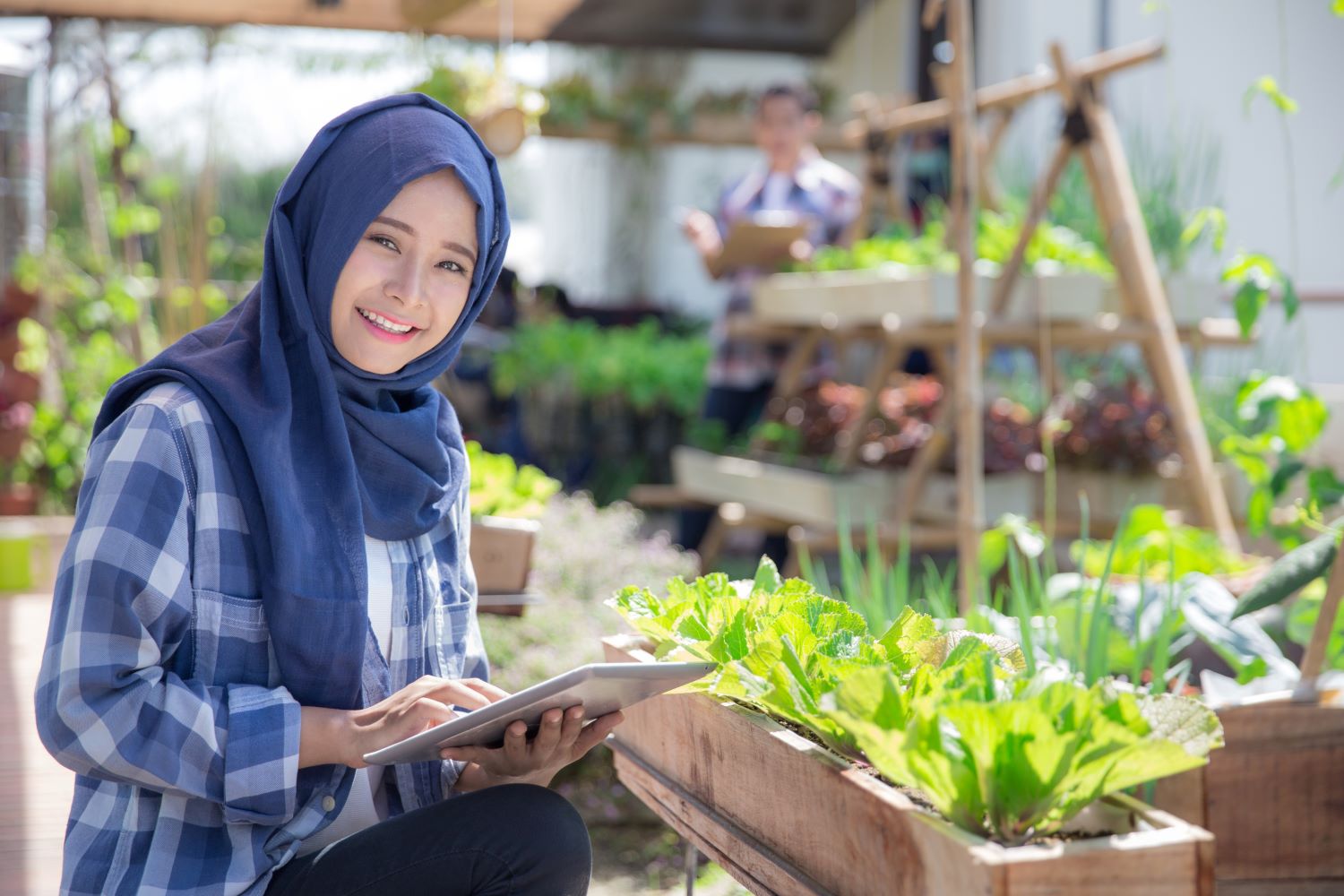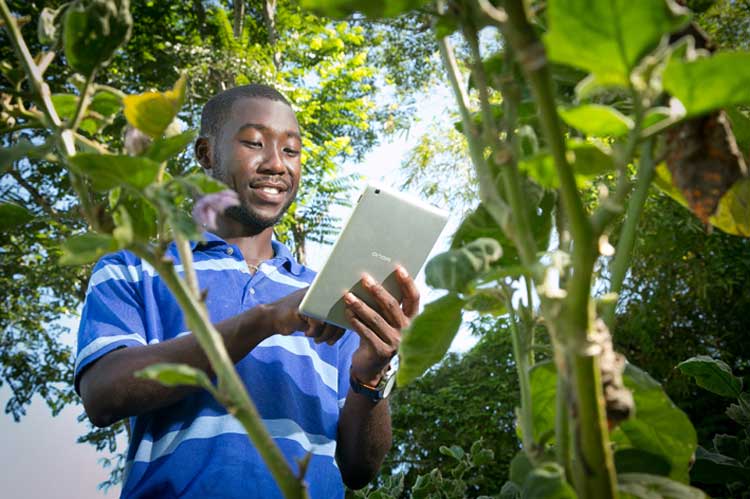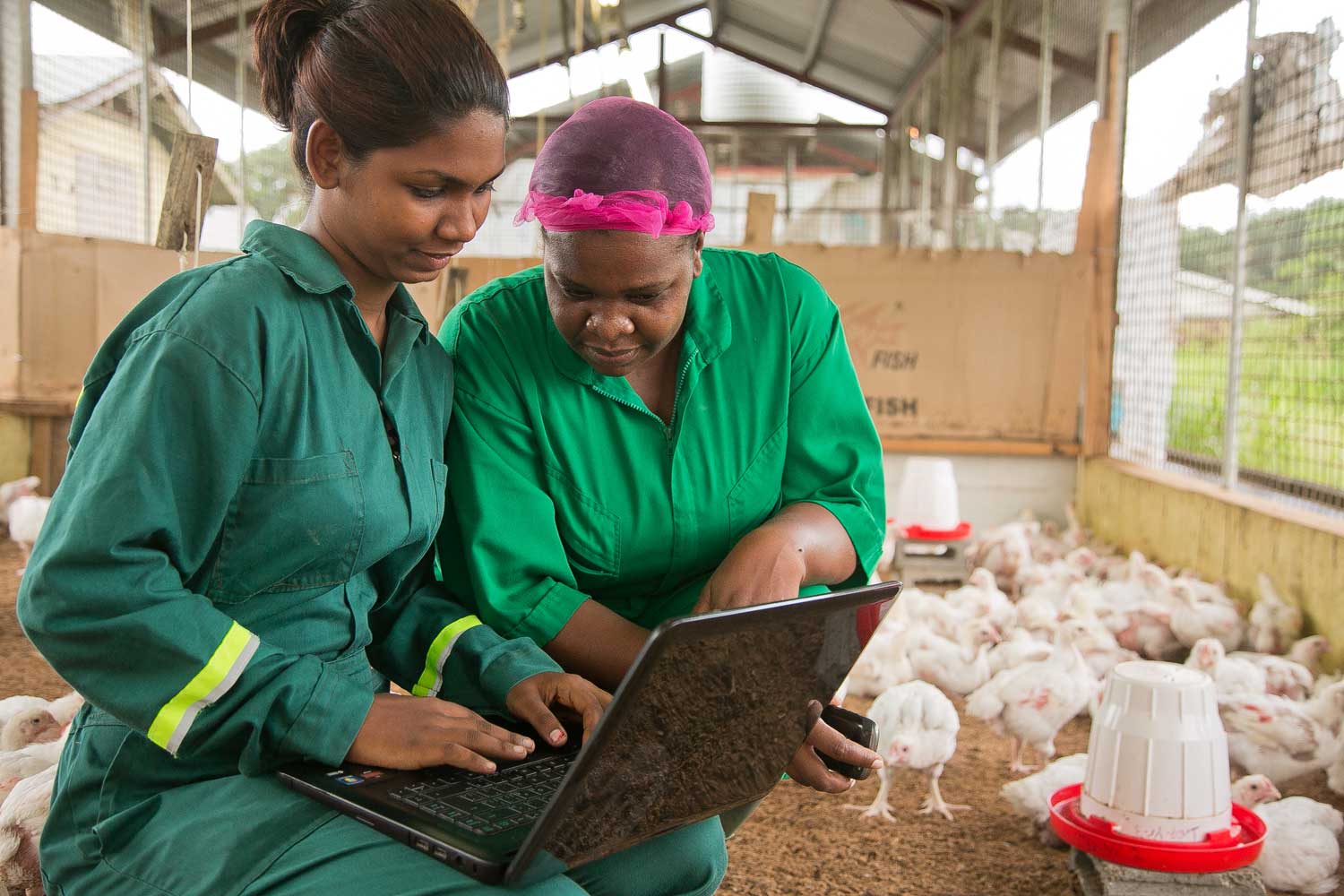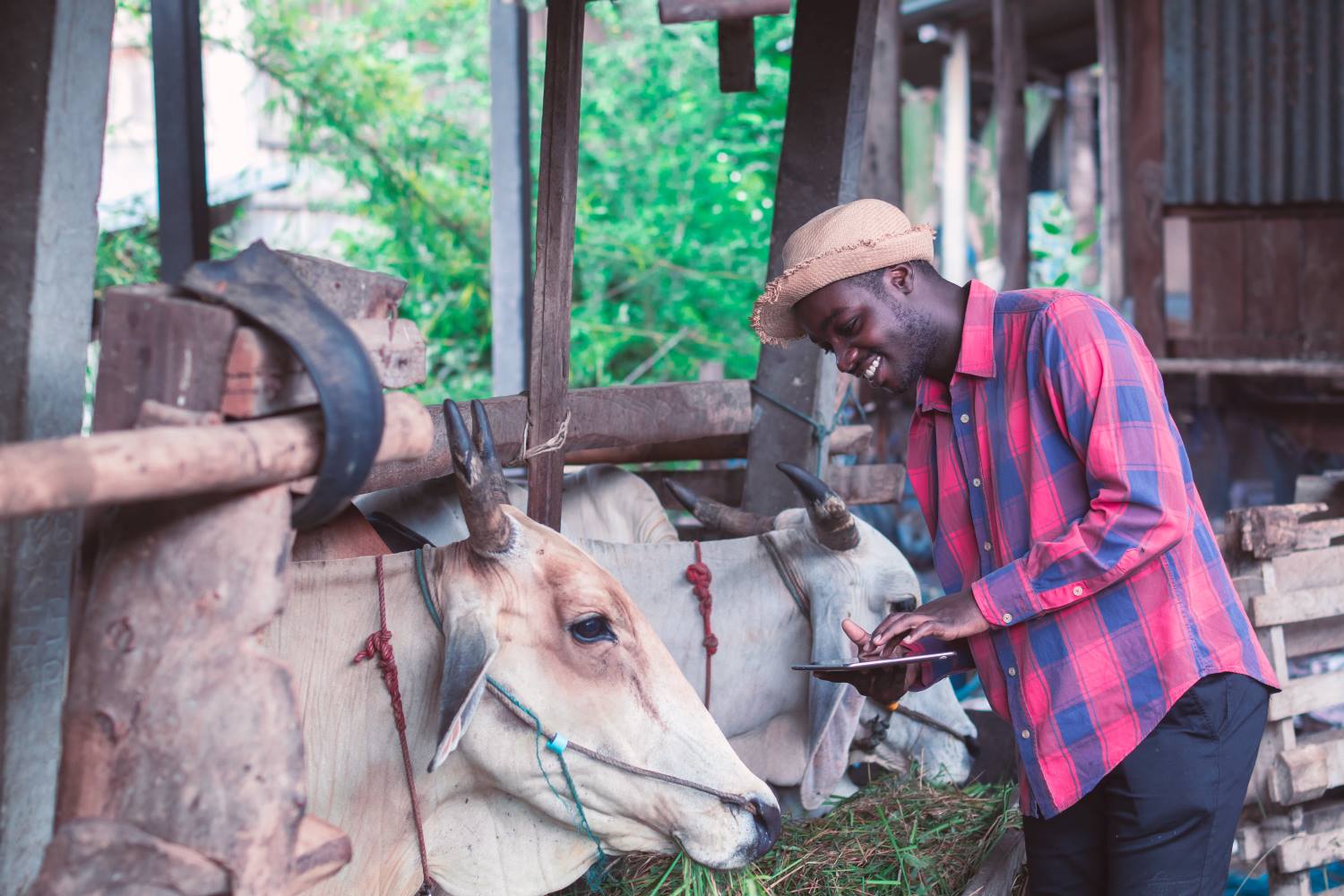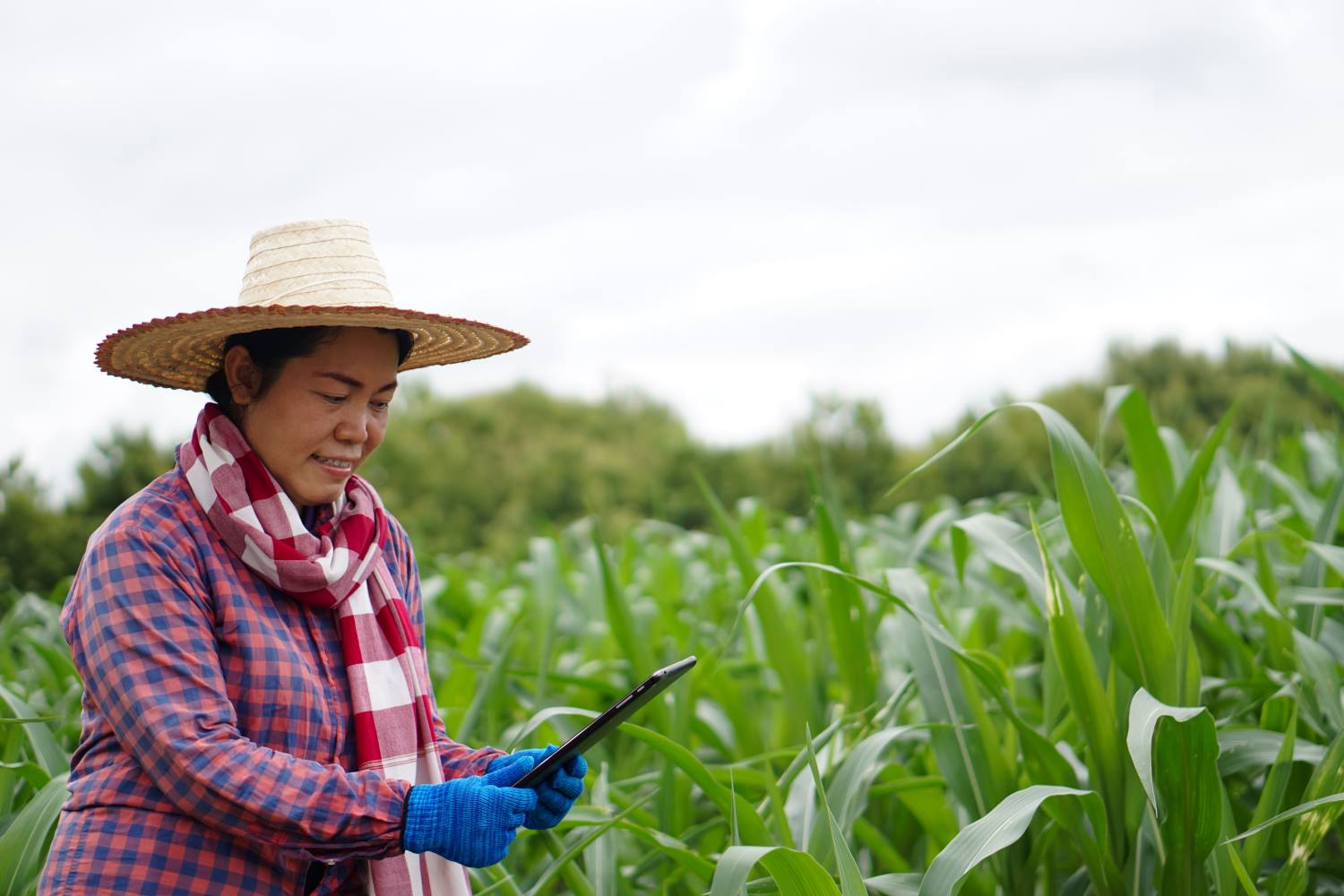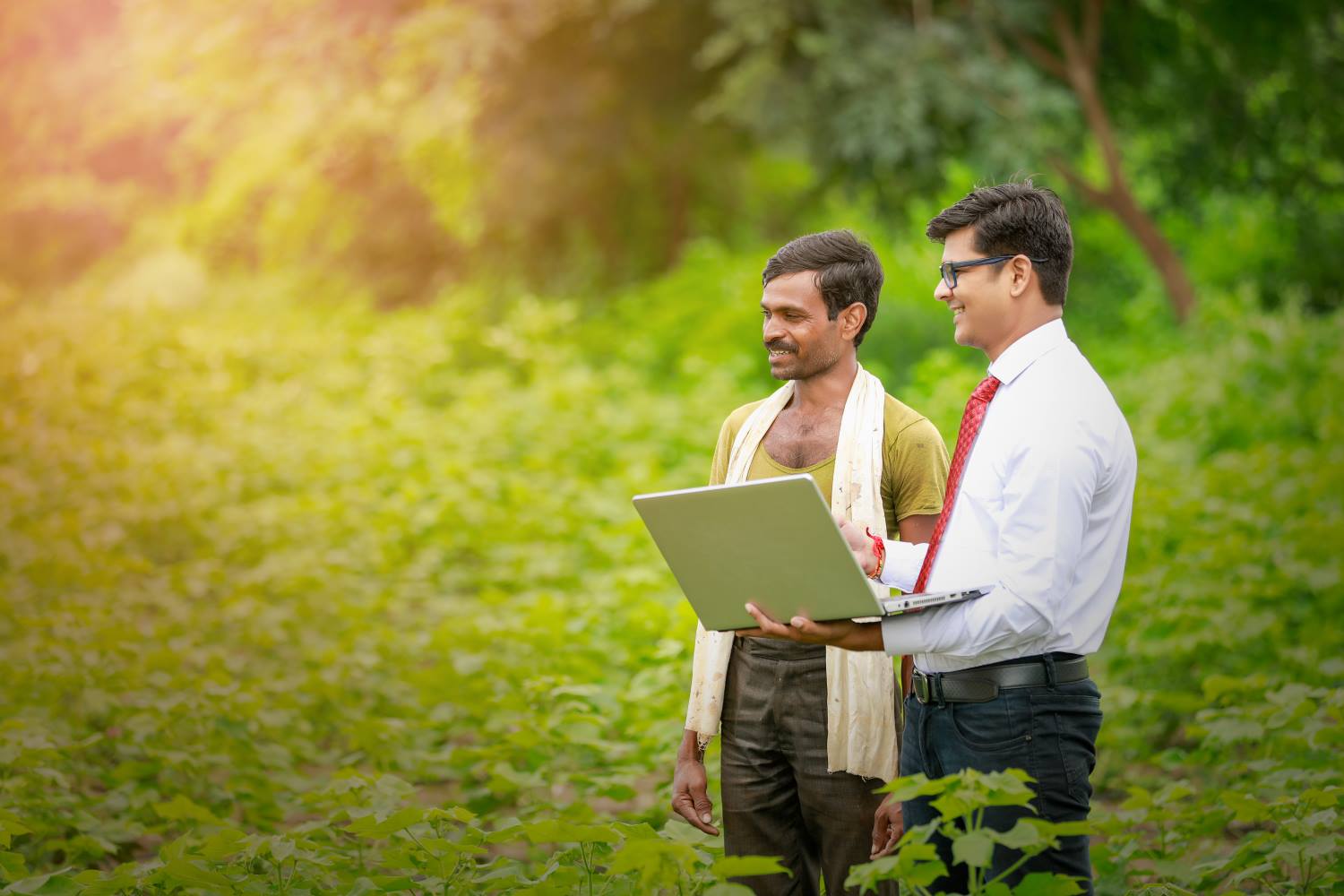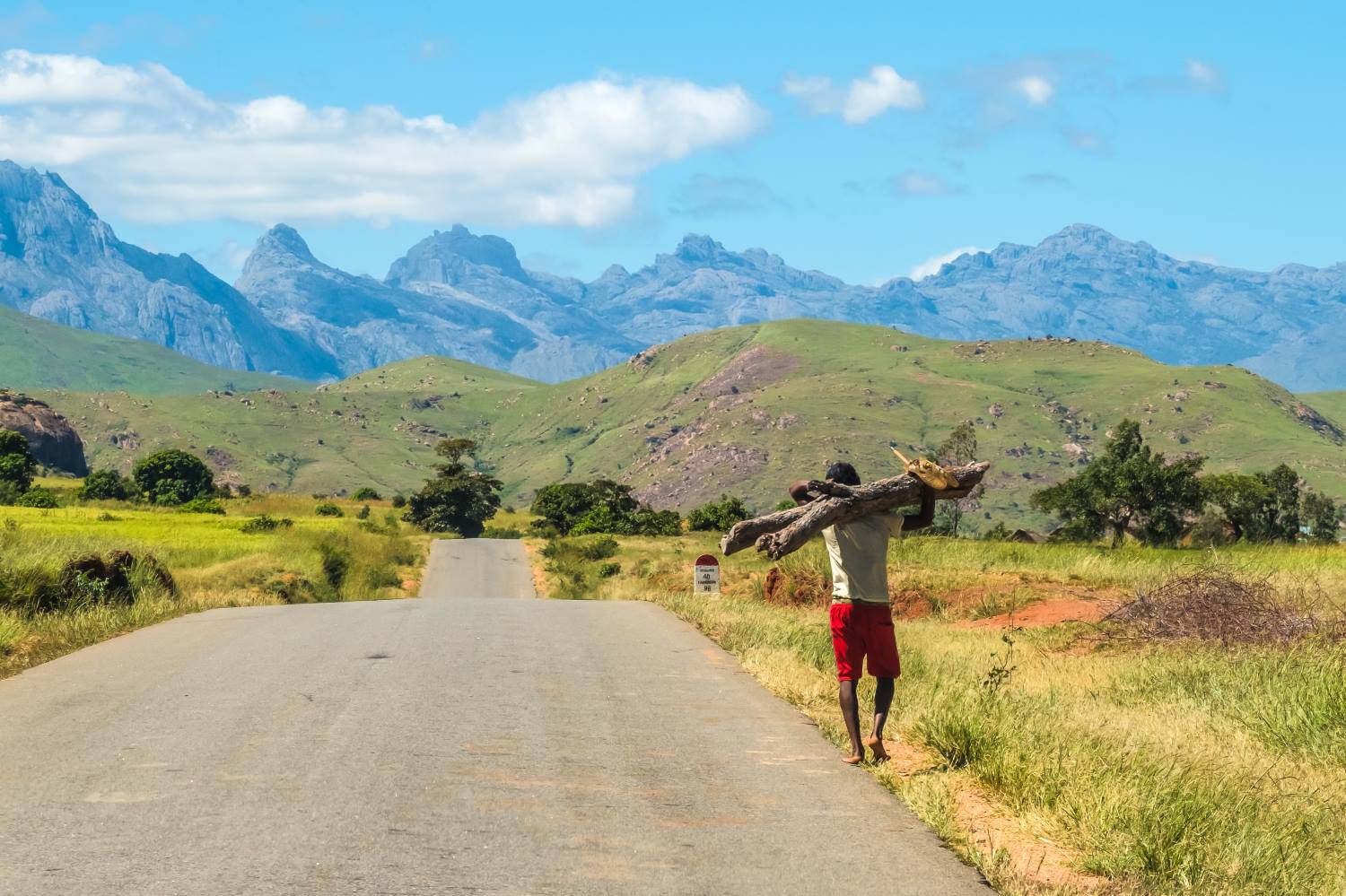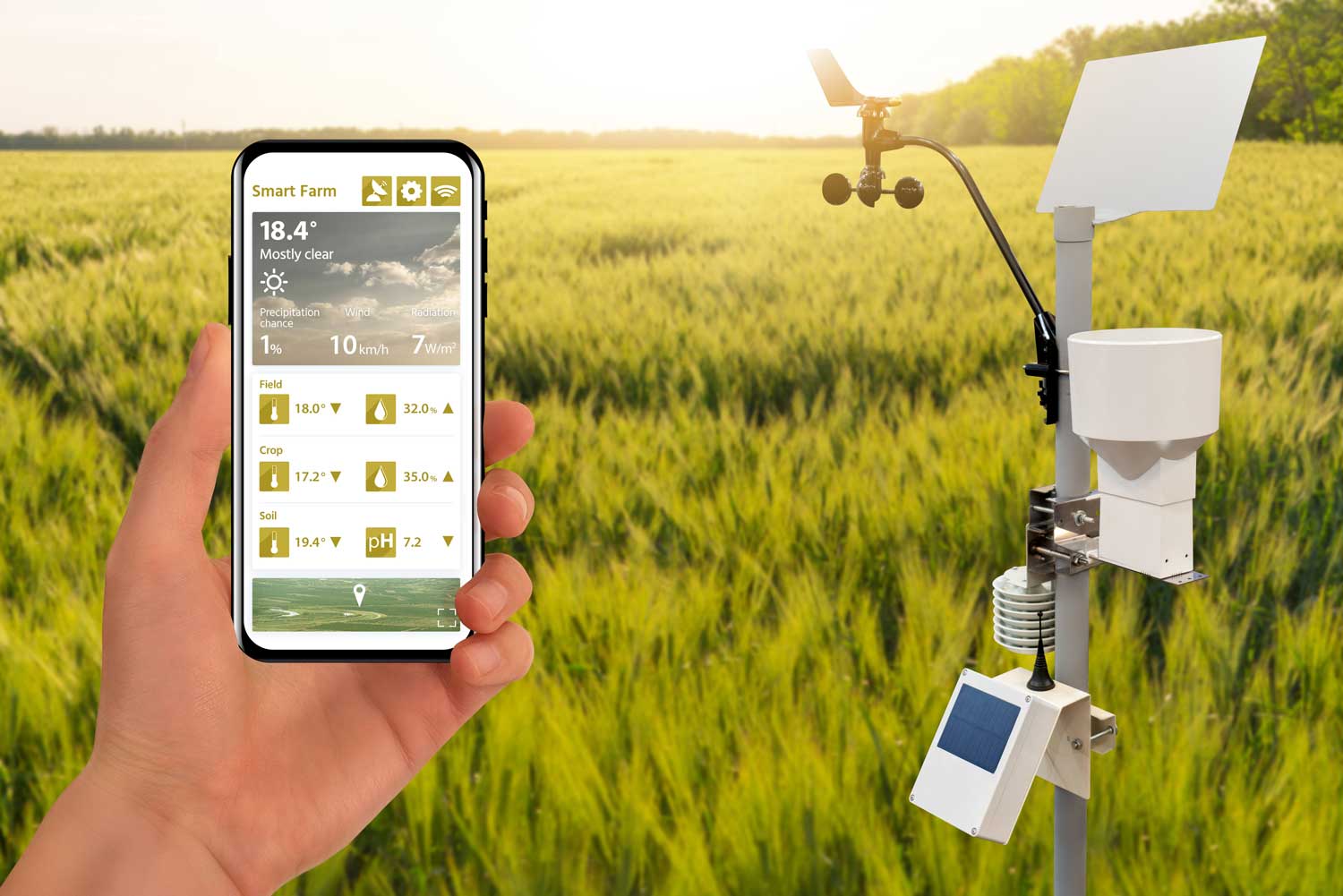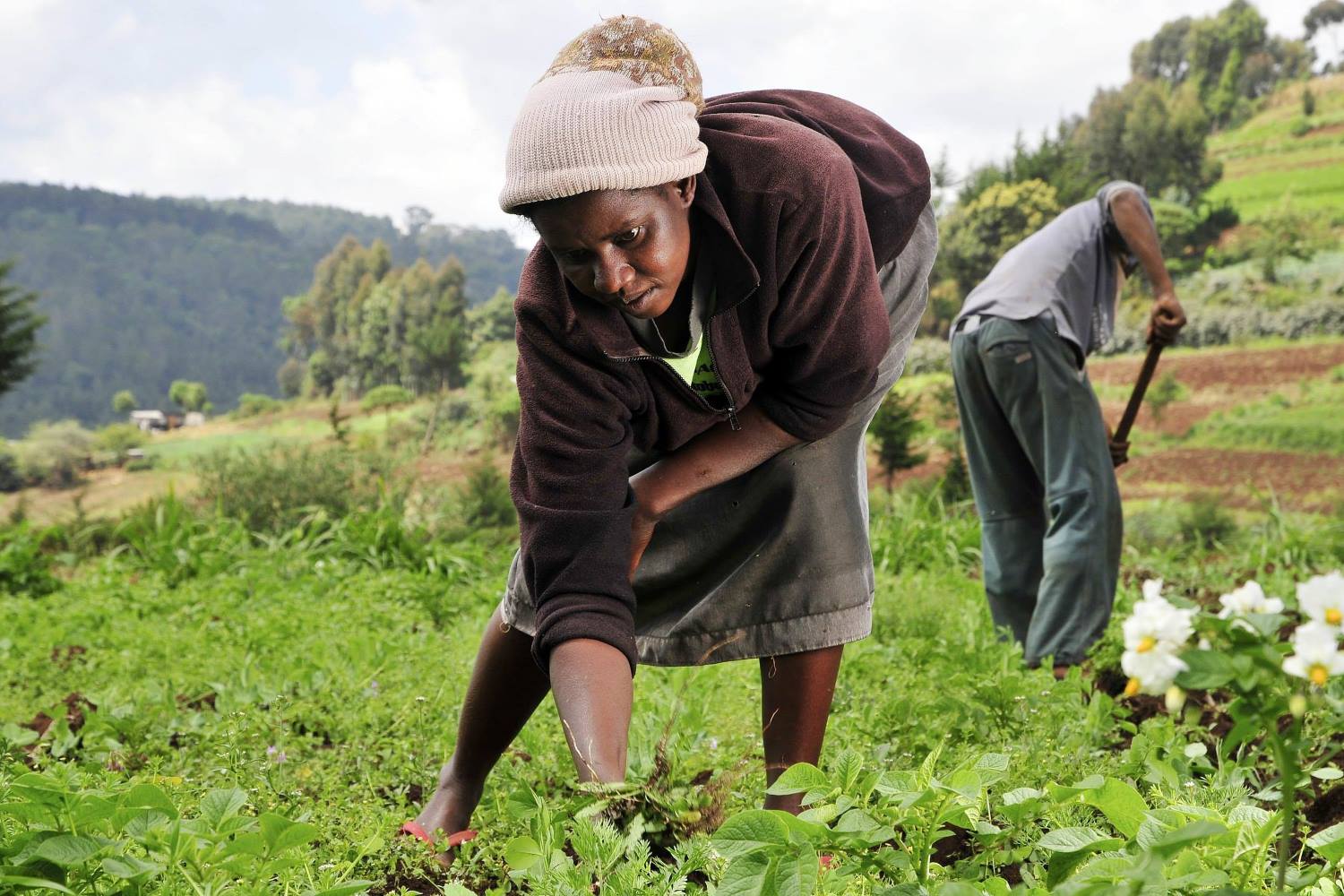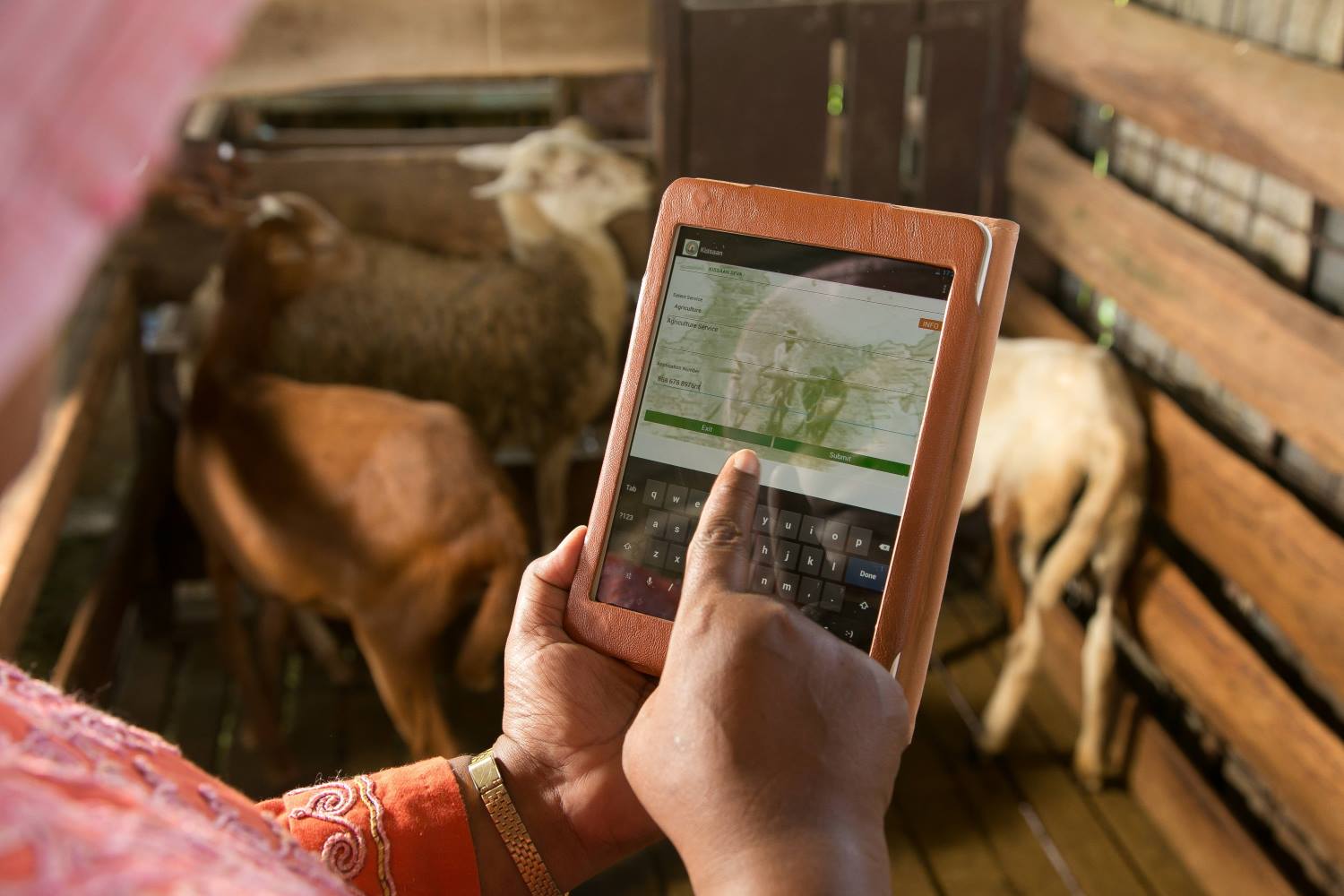Bridging the link between science, policy, and practice in Digital Climate Advisory Services
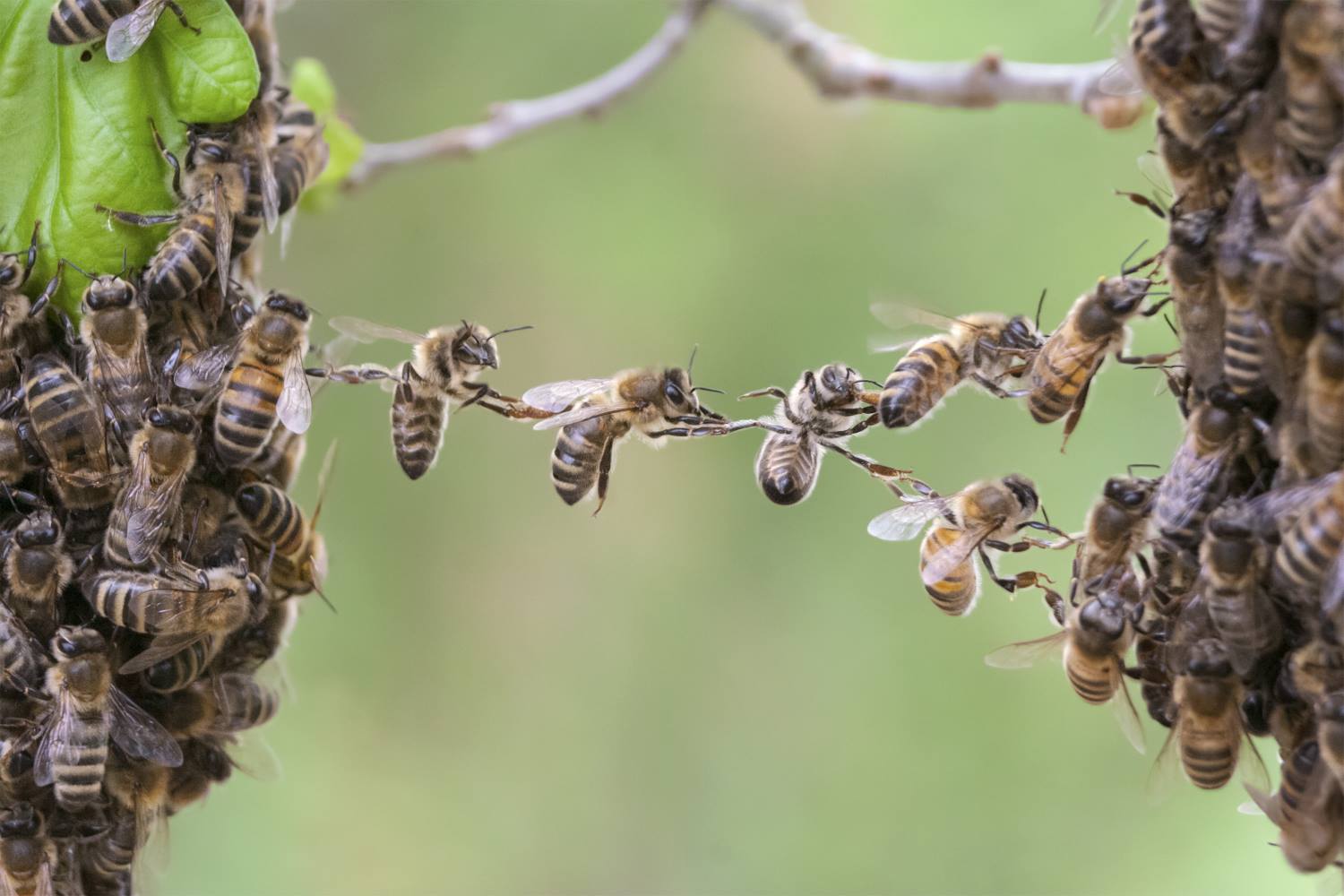
Bridging the link between science, policy, and practice in Digital Climate Advisory Services
Author: Tomaso Ceccarelli
Publish Date: 7 December 2021
Digital Climate Advisory Services (DCAS) are digital services (mobile apps, radio, and climate information platforms) and digitally enabled services (printed bulletins and extension services) offering climate information that target small-scale producers (SSPs), helping them to adapt to climate variability and change. DCAS are increasingly recognised as an essential component to drive agricultural transformation, especially from the perspective of the most vulnerable: the small-scale producers in Low- and Mid-Income Countries. DCAS can provide actionable decision support to facilitate adaptation and mitigation in the agriculture sector, if underpinned by robust climate science and reliable data and if capable of responding to the needs of final users. Hence, there is a growing need to bridge the gaps between climate science, policy and practice through inclusive planning, co-design and co-production processes leading to high quality and fit-to-purpose DCAS for all small-scale producers.
As part of the EU (European Union) side events of COP26, on the 8th of November, Digital Agri Hub, in partnership with World Resources Institute (WRI), World Food Programme (WFP) and Wageningen University and Research (WUR), organized a session to bridge the divide between science, policy and practice with a focus on DCAS. This virtual event had 125 active participants and stimulated conversations centered on DCAS while tabling three cornerstone initiatives: the “Blueprint on Digital Climate-Informed Advisory Services”, a forthcoming “think-and-do tank” by WUR on more effective science-policy interfaces in food and climate, and the recently launched Digital Agri Hub.

Emerging Insights
- Only 7% of current investments in agriculture are going into climate and environmental objectives. This must change as farmers need reliable and actionable advice to mitigate the risks of a changing climate and associated extreme weather-related events.
- In the perspective of this growing need for more and better investments on DCAS, the “Blueprint” provides valuable insights, estimating the needs for investments and guiding them to improve and scale-up DCAS service provision. In addition, it drives the focus on the most under-resourced and vulnerable communities and on how these can better adapt to climate change. Empowering these vulnerable communities is central!
- The investment needed to sustain and scale up DCAS, has been estimated at 7 billion USD by 2030.
- We also need to move away from projects to multi-year, reliable funding streams.
- Measuring success is not straightforward and it takes time to realise wins. It is essential to get it right if we want to achieve long term sustainability.
- Greater coordination is required especially for generating and making usable and useful, data on climate and agriculture for small scale producers.
- Digital Agri Hub aims at connecting science to practice and coordinate efforts. For instance, it tracks and gives visibility to innovative and inclusive DCAS solutions, fosters networks of learning and matchmaking between potential investors and providers across the low-and middle-income countries. It can help orchestrate better coordination and interoperability of such solutions.
- DCAS and other D4Ag solutions can be explored through the Hub’s digital dashboard.
- Participants in the side event also played a vital role. When asked through a pool to indicate priorities for developing and scaling DCAS, they emphasized the importance of the "last mile", highlighting the role of farmers and their intermediaries in the co-design and feedback on DCAS. Other priorities mentioned were improving the collaboration among actors in the DCAS "value chain" and increasing investments in the sector.
Call to Action
For more information, do explore our DCAS theme page
Are you a DCAS solution provider and interested in having your solution included in our growing database? Contact us on info@digitalagrihub.org.
In addition, join the e-conversation on DCAS development through: https://dgroups.io/g/d4ag.

